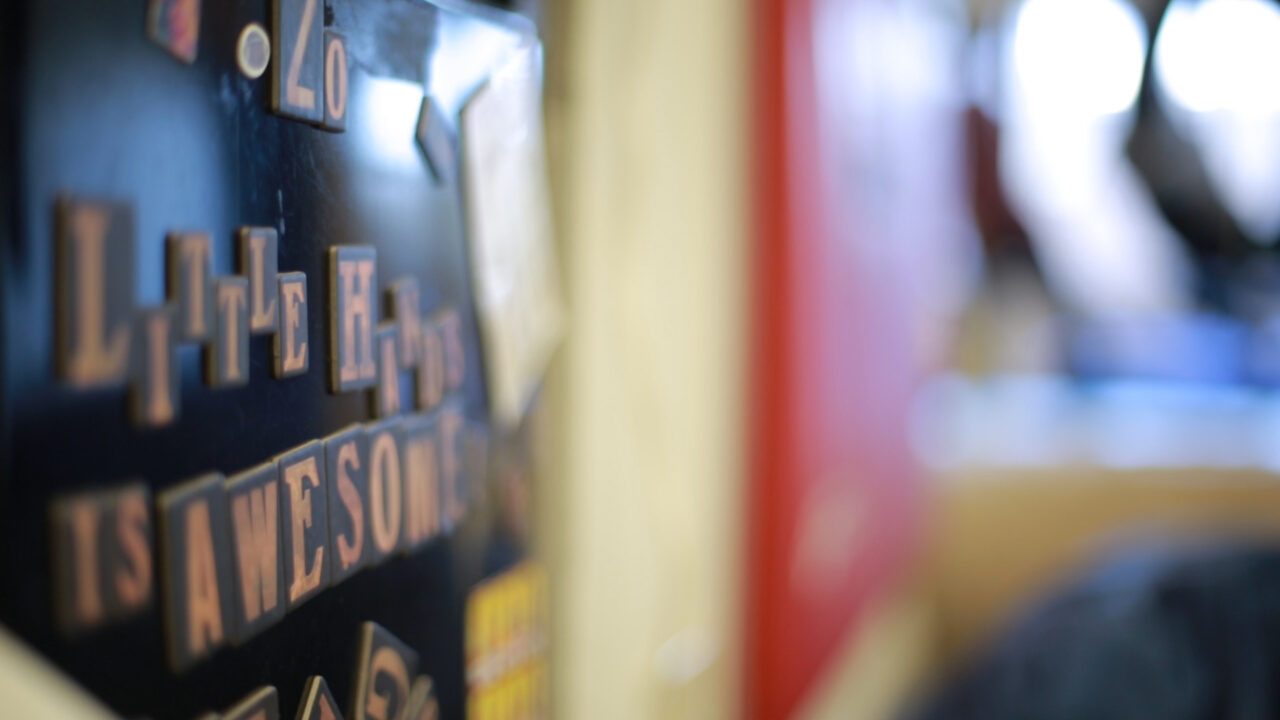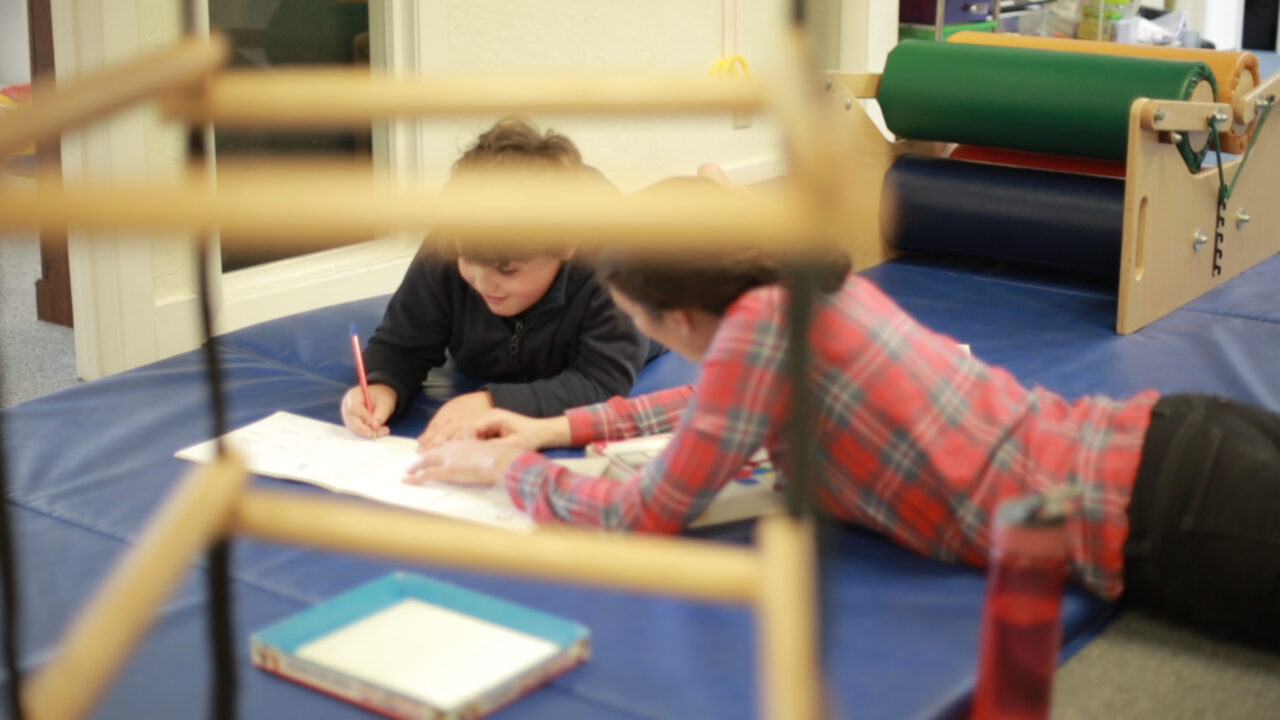Tailored Therapies for Children & Teens
Through customized occupational and speech therapies, social learning, and parent education, we tap into each child’s unique personality, skills, and interests to motivate them to succeed in the real world. Our passion is evident at every touchpoint, as we purposefully and empathetically work to enlighten, empower, and celebrate each child.
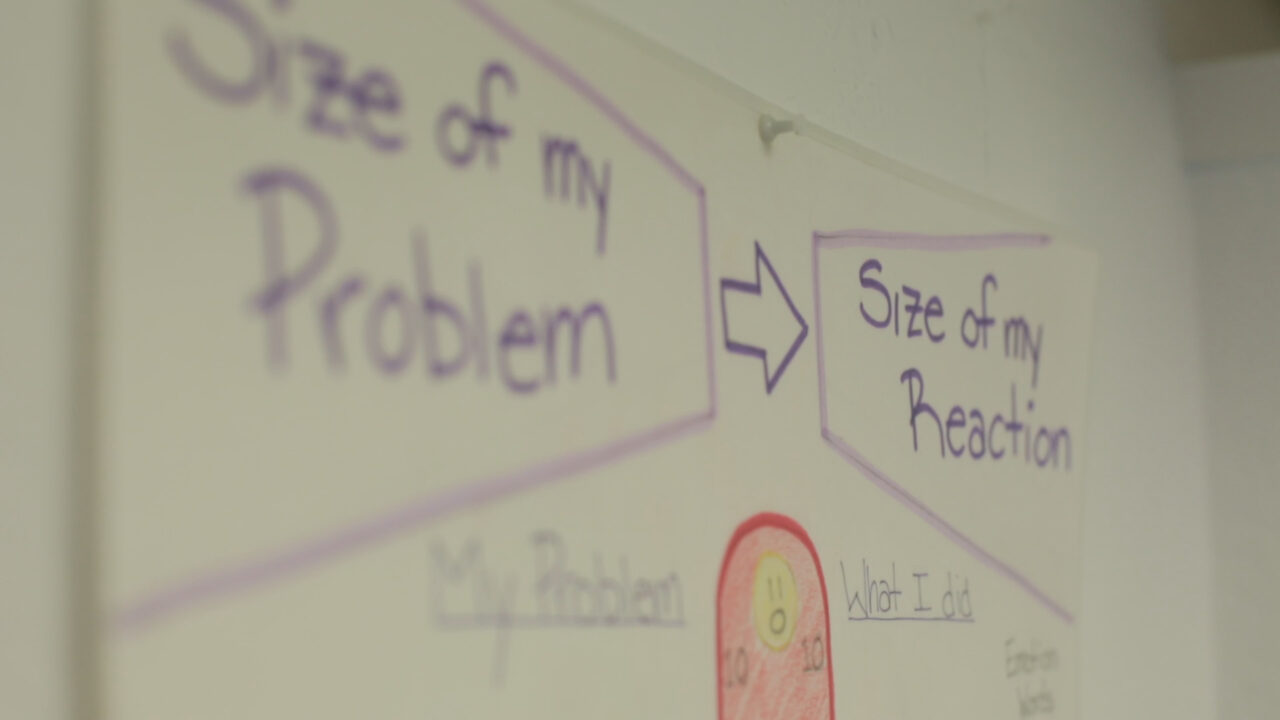
-
Sensory Processing Differences/Disabilities
-
Speech & Language Delays
-
Feeding Therapies & Food Sensitivities
-
Anxiety (OCD, Selective Mutism)
-
Developmental Delays
-
Learning Differences/Disabilities (Dyslexia, NVLD, ADHD)
-
Autism Disorders
-
Visual Perceptual Challenges
-
Fine or Gross Motor Skills
-
Social Skills
-
Behavioral Modification
-
Academic Support
Occupational Therapy
Common occupational therapy (OT) interventions include helping children participate fully in their daily lives: at home, in school, and in social situations. OT also helps children recovering from injury/trauma regain skills, and provides support for children experiencing physical and cognitive changes.
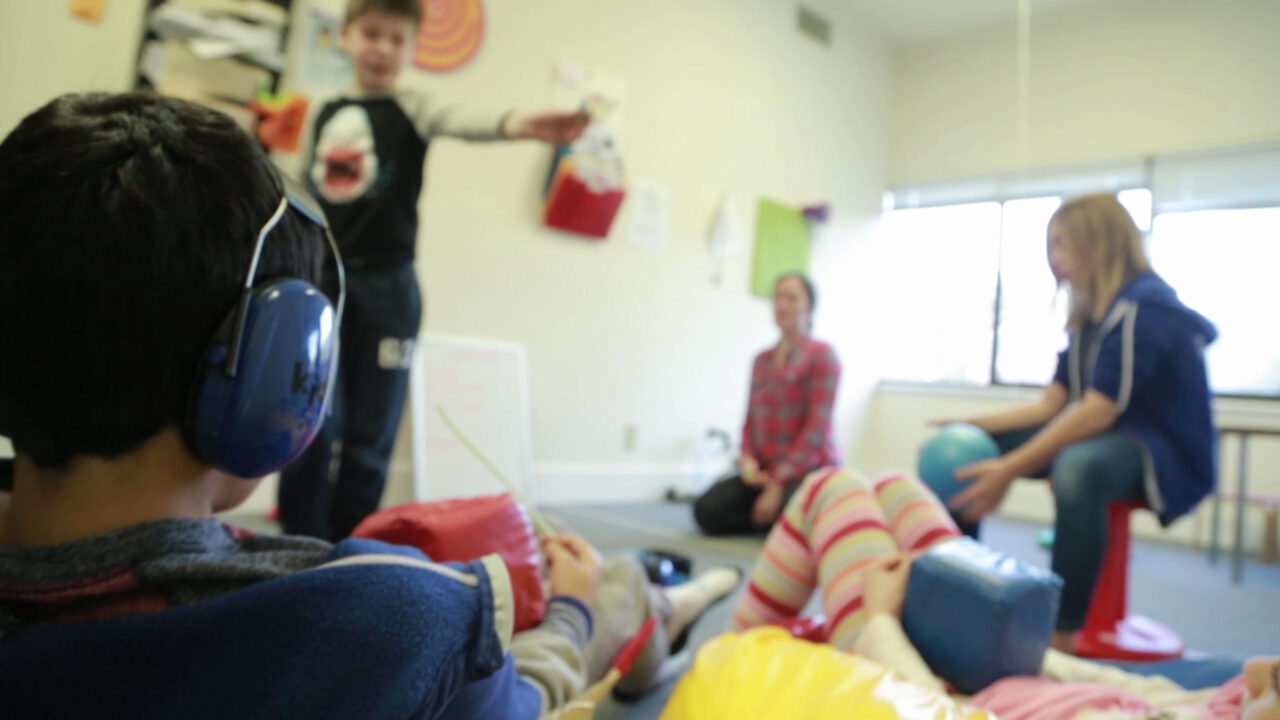
Speech & Language Therapy
Speech and language therapies help children and teens communicate better and break down barriers. The main reasons kids participate in these therapies are to treat articulation challenges (pronouncing words/letters) or language delays (expressing or receiving language).
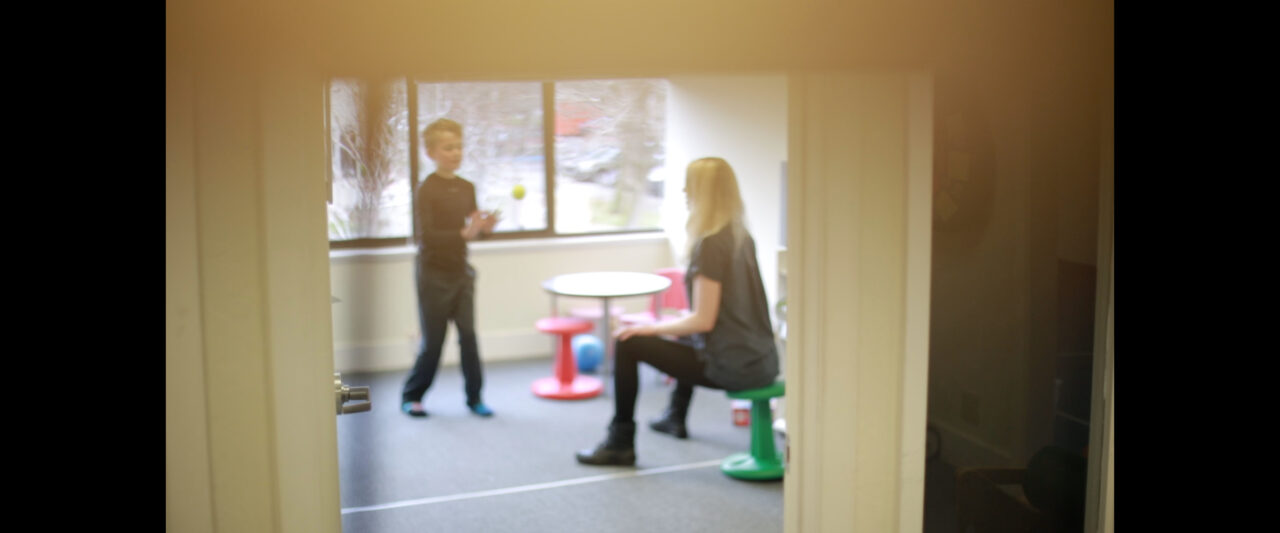
Co-Treatment Services
In this program, a child/teen is matched with an Occupational Therapist and a Speech Language Pathologist. These professionals provide specialized co-treatment to children and teens who would benefit from an intensive therapeutic approach.
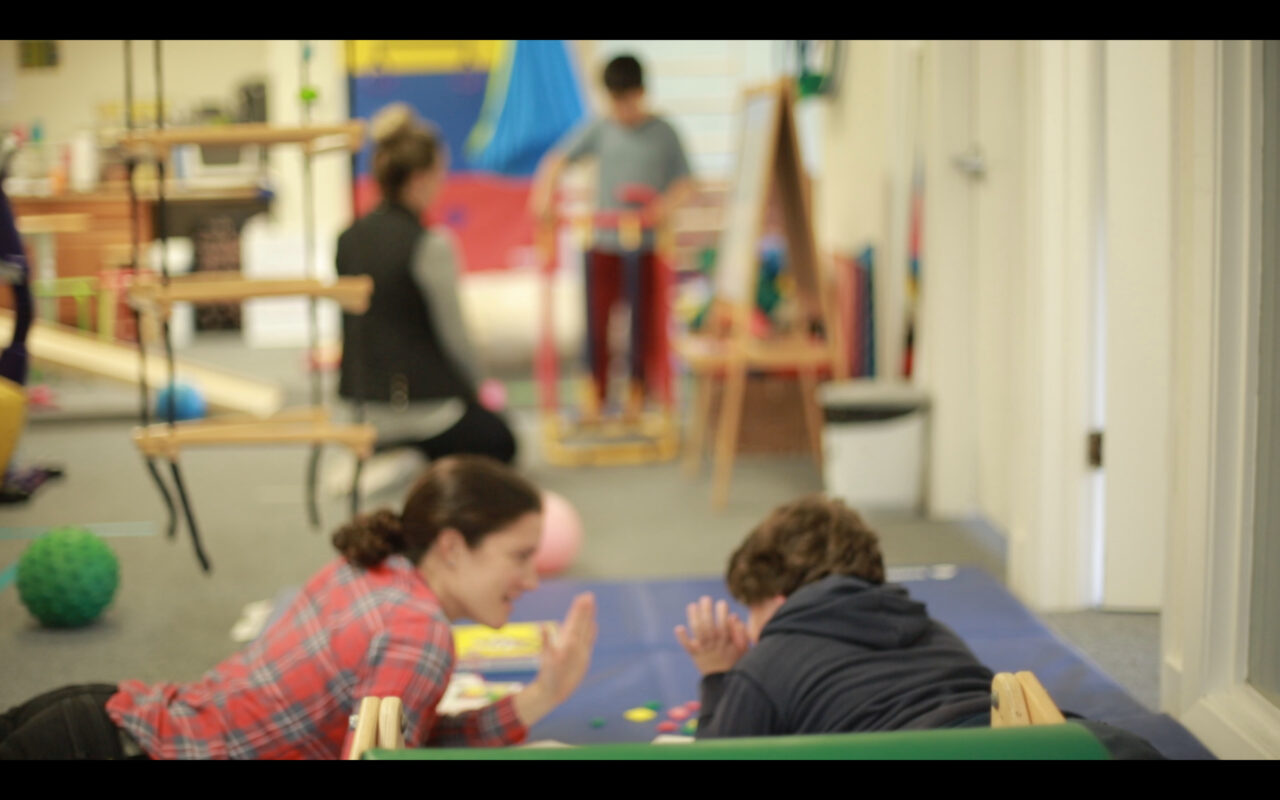
Group Therapy
Group therapy sessions are dynamic, fun, energizing, and carefully crafted to meet the needs of each child. Groups range from 2-6 children, who are paired according to developmental age level and parent goals.

Feeding Therapy
These therapies address problematic feeding behaviors in children 12 months old to elementary school age. We focus on providing a comfortable environment to allow children to explore and learn about food properties, while interacting and engaging with the food in a positive manner.

Behavior Therapy
Developmental and relationship-based behavior therapy is for children and teens who require unique support to meet the demands of their daily lives and develop positive relationships.

Private Schools
Little Hands brings extensive experience with neurotypical and neurodivergent children to private schools throughout the San Francisco Bay Area.

Public, Non-Public & Charter Schools
Little Hands is a certified, therapist-run, Non-Public Agency (NPA) offering occupational therapy and speech/language services to public, non-public and charter schools in the greater San Francisco Bay Area.
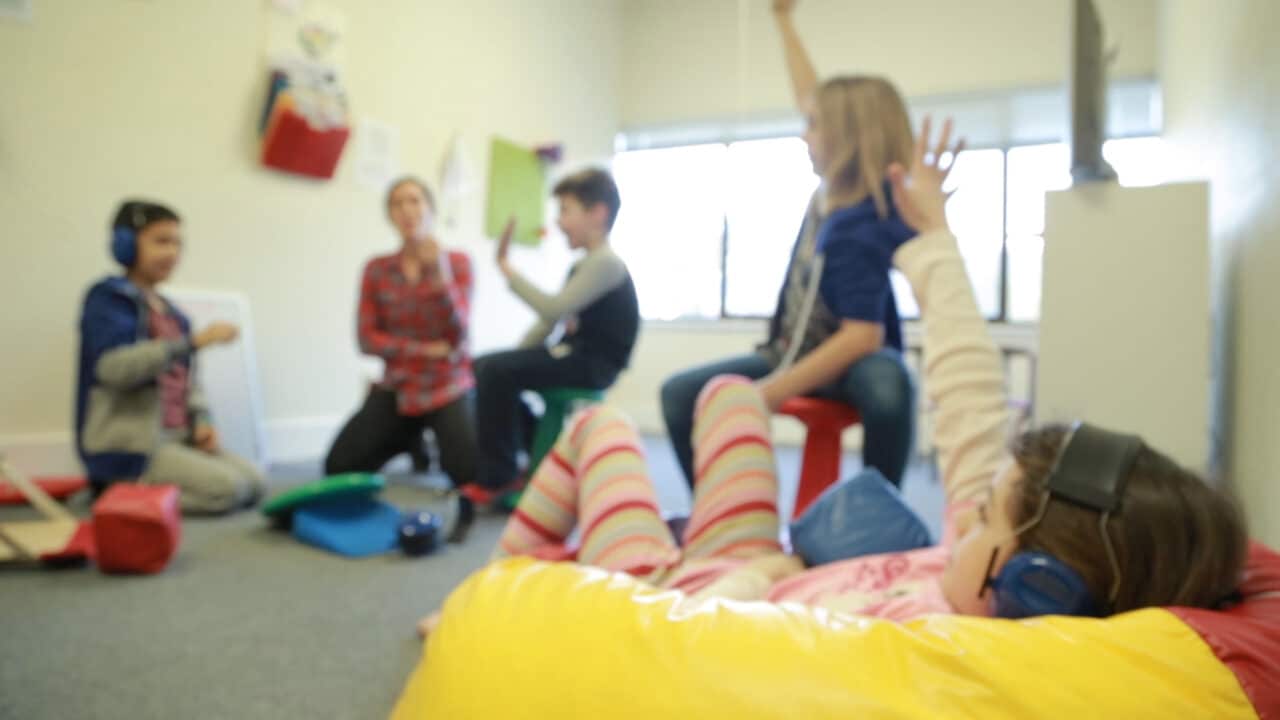
Parent Consulting
We provide the opportunity for parents to opt-in for a consultation with their child's current therapist and/or with a different therapist, even if the child/teen does not currently come to the Little Hands facility. In these consultations, we collaborate on therapy progress, goals, and outcomes.
